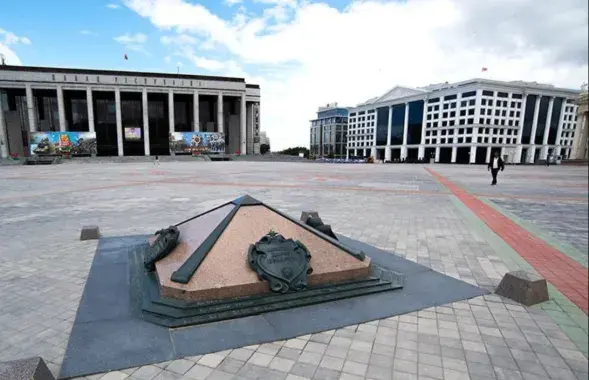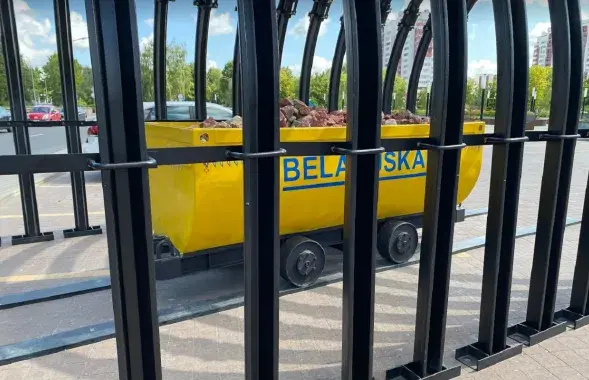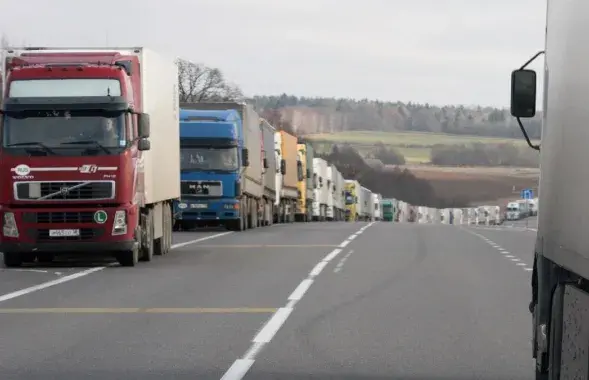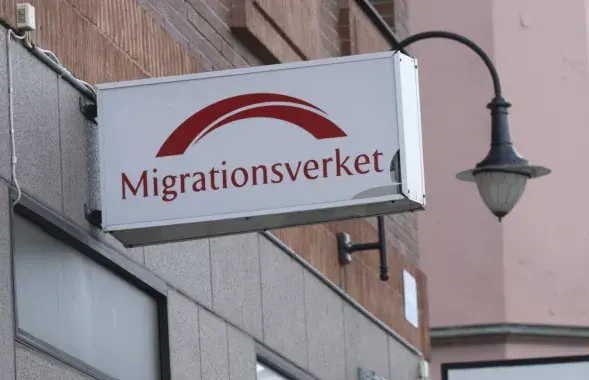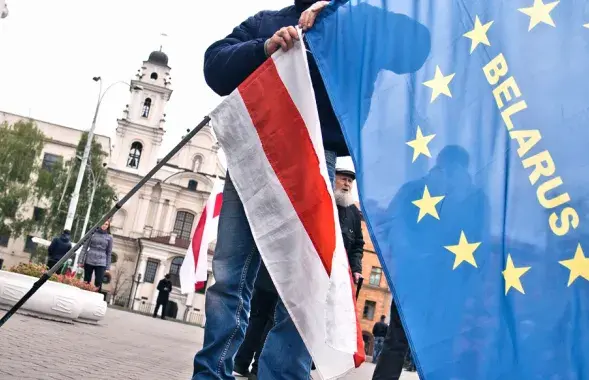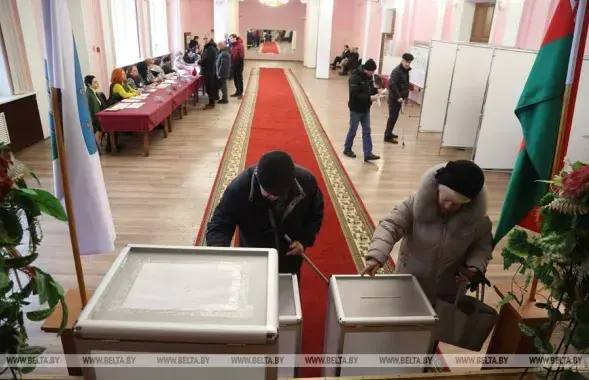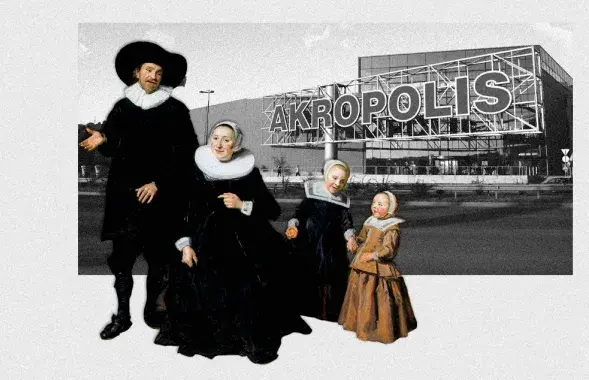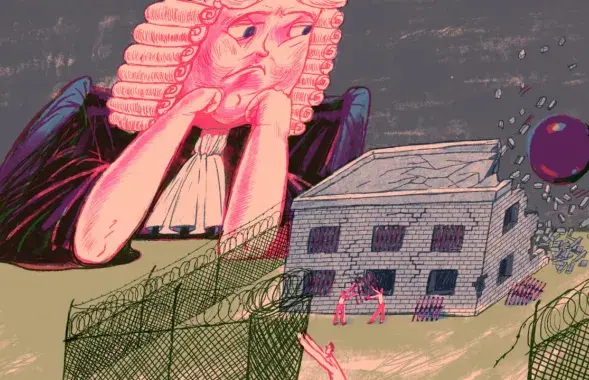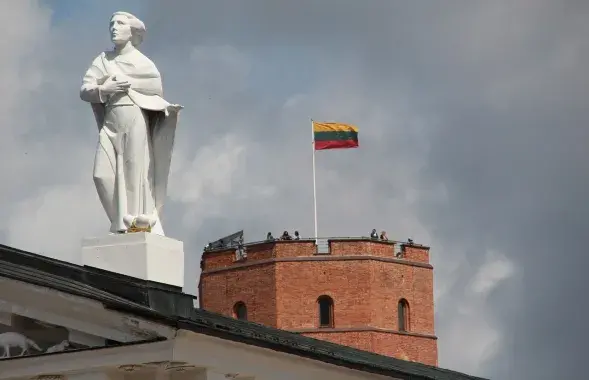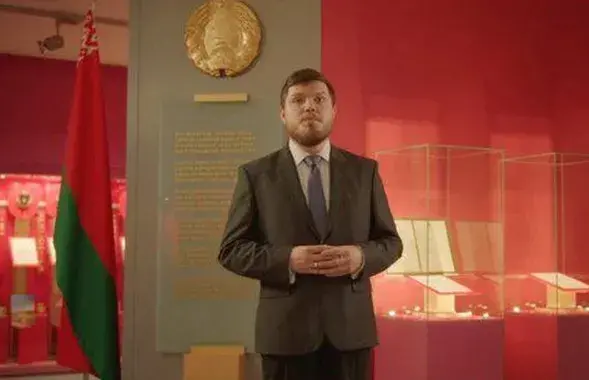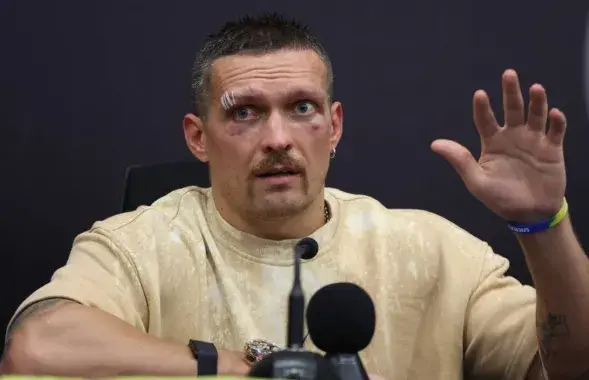Security forces in Kosovo (photo report)
Neither Serbs nor Kosovars like them much. That's why "warning shots" are fired against the international police. Probably, Kosovo is the most problematic region in western Balkans. The military, religious and ethnic conflicts have affected greatly the country's economy. This self-declared and not recognised by all EU countries nation is considered to be the poorest country in the region.
The International Civil Office helped the country to write the Constitution, to found the Constiutional COurt and has been trying to preserve the historical heritage. An EU special representative consults Kosovo's leadership on "political issues". But bythe time Kosovo declared independence, there had been problems with crime; there had been no courts, judges and border control services.
Law is enforced by EULEX, EU's organization that was granted a UN mandate, together with the local police. They invesigate crimes, do court proceedings and have set up border control services. According to Roy Reeve, the chief of international police officers, Kosovo is not to introduce visa regime in the near future. The program costs 200 million euro annually. Yet, Roy reeve says that just several months ago, his staff was not sure they would have succeeded in their mission.
At the same time, international police observers cannot be seen patrolling the streets. They mostly deal with organized crime, corruption, drug trafficking and arms trade.
There have recently been numerous reports in the media that trafficking in people is flourishing in Kosovo. But Roy Reeve says this information "has not been confirmed".
Not everyone is happy with the fact that EULEX often fights crimes due the lack of local specialists. EULEX prosecutors participate in cases, and court, in the presense of foreign "experts" hand down the rulings. In corruption cases, local investigators and judges do not take part in neigher the investigation nor prosecution. But Roy Reeve says their operation is monitored by other international structures, for instance, OSCE.
In essence, EULEX police force has found itself between two fires in Kosovo. On the one hand, Serbes do not like them after "police action in Northern Mitrovica". On the other hand, EULEX prevents Albanian nationalistic groupings from pushing their policies. As a result, one can see graffiti "NO to EULEX!" or "EULEX-Made in Serbia" on the walls in Pristina next to memorial signs in honor of Kosovo's field commanders that were killed during the war with Serbian troops. At the same time, there is no serious confrontations between EULEX and the local population. However, "warning shots" were fired against them at times, says Roy Reeve.
The International Civil Office helped the country to write the Constitution, to found the Constiutional COurt and has been trying to preserve the historical heritage. An EU special representative consults Kosovo's leadership on "political issues". But bythe time Kosovo declared independence, there had been problems with crime; there had been no courts, judges and border control services.
Law is enforced by EULEX, EU's organization that was granted a UN mandate, together with the local police. They invesigate crimes, do court proceedings and have set up border control services. According to Roy Reeve, the chief of international police officers, Kosovo is not to introduce visa regime in the near future. The program costs 200 million euro annually. Yet, Roy reeve says that just several months ago, his staff was not sure they would have succeeded in their mission.
At the same time, international police observers cannot be seen patrolling the streets. They mostly deal with organized crime, corruption, drug trafficking and arms trade.
There have recently been numerous reports in the media that trafficking in people is flourishing in Kosovo. But Roy Reeve says this information "has not been confirmed".
Not everyone is happy with the fact that EULEX often fights crimes due the lack of local specialists. EULEX prosecutors participate in cases, and court, in the presense of foreign "experts" hand down the rulings. In corruption cases, local investigators and judges do not take part in neigher the investigation nor prosecution. But Roy Reeve says their operation is monitored by other international structures, for instance, OSCE.
In essence, EULEX police force has found itself between two fires in Kosovo. On the one hand, Serbes do not like them after "police action in Northern Mitrovica". On the other hand, EULEX prevents Albanian nationalistic groupings from pushing their policies. As a result, one can see graffiti "NO to EULEX!" or "EULEX-Made in Serbia" on the walls in Pristina next to memorial signs in honor of Kosovo's field commanders that were killed during the war with Serbian troops. At the same time, there is no serious confrontations between EULEX and the local population. However, "warning shots" were fired against them at times, says Roy Reeve.
